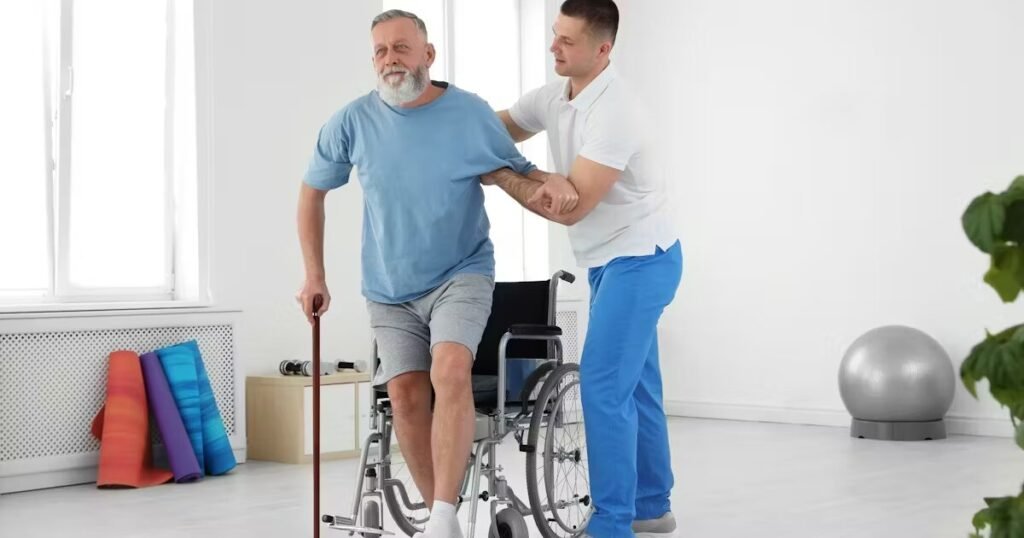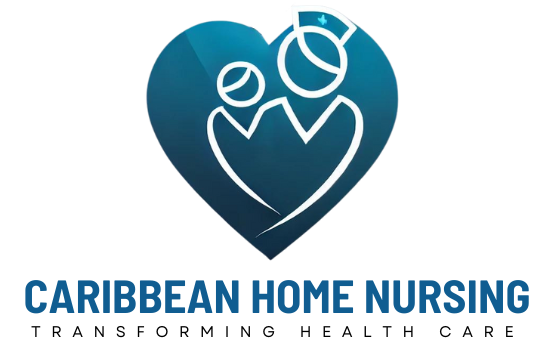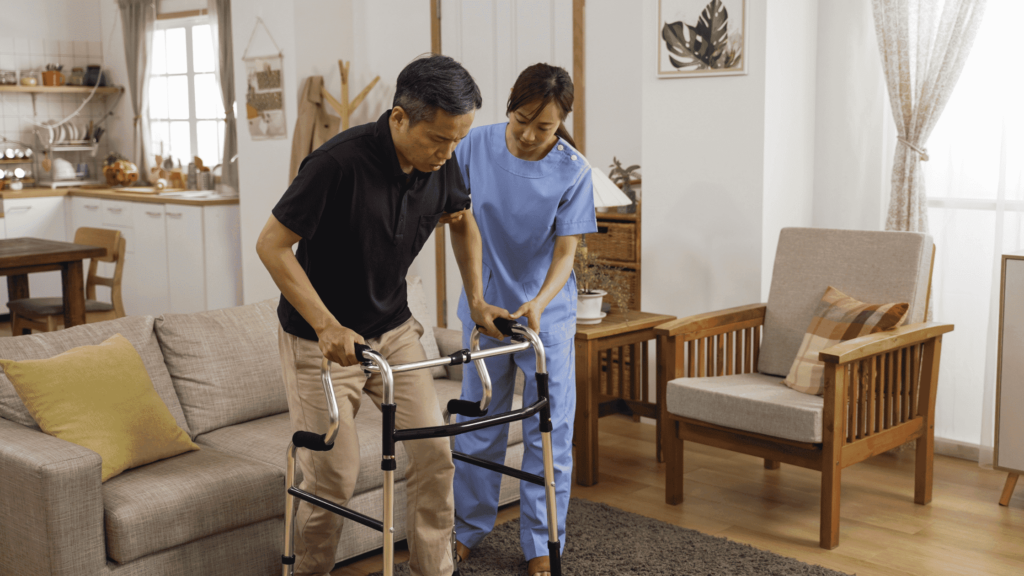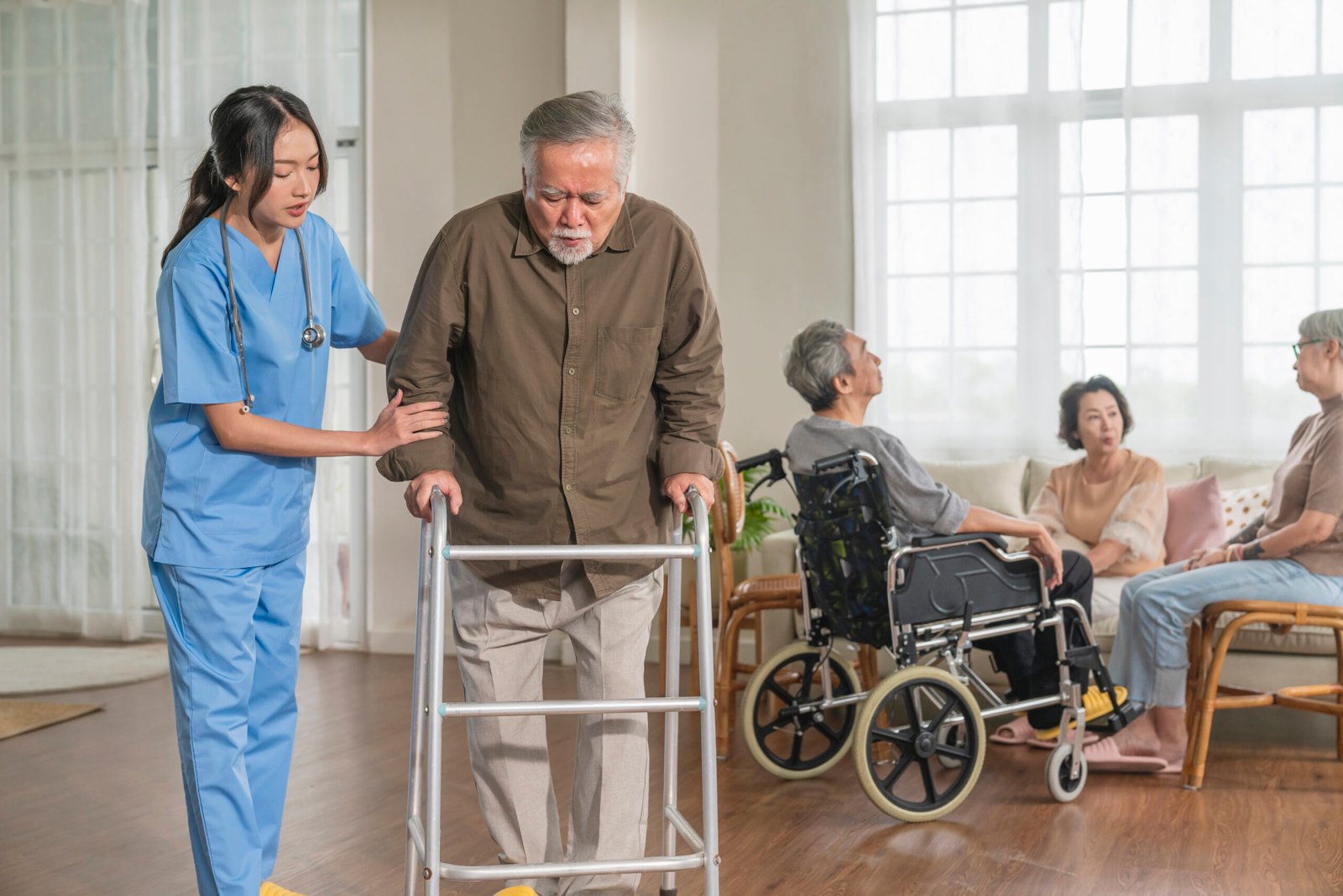Stroke recovery is a crucial phase for individuals and their families, as it marks the beginning of a journey toward regaining independence, improving functionality, and enhancing quality of life. In Couva, Trinidad, and New Haven, Connecticut, home health care services have become instrumental in providing specialized and personalized rehabilitation. This guide explores the critical aspects of stroke recovery care at home, ensuring a thorough understanding of available services, their benefits, and the best practices for optimal recovery.
Understanding Stroke and Its Impact
A stroke occurs when the brain’s blood supply is interrupted, either by a blocked artery (ischemic stroke) or bleeding (hemorrhagic stroke). This deprives brain tissue of oxygen and nutrients, leading to cell death within minutes. The severity of a stroke depends on the area of the brain affected and the duration of the interruption.
Common Effects of a Stroke
Stroke survivors often experience a range of physical, cognitive, and emotional challenges:
Physical impairments: Weakness or paralysis, often on one side of the body (hemiparesis or hemiplegia).
Cognitive challenges: Memory loss, difficulty concentrating, and impaired problem-solving.
Speech and language difficulties: Aphasia, which affects communication abilities.
Emotional changes: Depression, anxiety, or emotional instability.
Understanding these impacts is vital for tailoring rehabilitation plans that address individual needs.
The Role of Home Health Care in Stroke Recovery
Home health care provides stroke survivors with the opportunity to recover in the comfort and familiarity of their own homes. This approach combines medical expertise, rehabilitation therapy, and emotional support to facilitate recovery and enhance independence.
Key Services Offered in Home Health Care
Physical Therapy: Focused on improving mobility, strength, and coordination.
Occupational Therapy: Aims to help patients regain the ability to perform daily tasks, such as dressing and eating.
Speech-Language Therapy: Addresses communication challenges and swallowing difficulties.
Nursing Care: Includes medication management, wound care, and monitoring of overall health.
Personal Care Assistance: Helps with bathing, grooming, and other activities of daily living (ADLs).
Benefits of Home Health Care for Stroke Survivors
Home health care professionals design rehabilitation plans tailored to the patient’s specific needs and goals. This individualized approach ensures that therapy sessions are both effective and efficient.
Comfort and Convenience
Recovering at home allows patients to remain in a familiar and stress-free environment. This can significantly enhance emotional well-being and promote faster recovery.
Family Involvement
Home-based care enables family members to actively participate in the recovery process. Caregivers receive training and guidance, empowering them to provide effective support.
Cost-Effectiveness
Compared to extended hospital stays or inpatient rehabilitation facilities, home health care is often more affordable, making it accessible to a broader range of patients.
Promotes Independence
By focusing on daily living activities and practical skills, home health care helps patients regain autonomy and confidence.
Specialized Home Health Care Services in Couva, Trinidad
In Couva, Trinidad, home health care providers offer comprehensive services tailored to stroke recovery. Here are two prominent examples:
Caribbean Home Nursing
Caribbean Home Nursing provides a range of expert in-home care services designed to support stroke survivors. Their team specializes in:
- Developing personalized care plans.
- Offering 24/7 nursing support.
- Employing advanced health monitoring technology.
Their compassionate approach ensures that patients receive the best possible care throughout their recovery journey.
Premier Specialty Clinic Limited
Located in Couva, this state-of-the-art healthcare facility offers specialized home health services for stroke survivors. Their multidisciplinary team focuses on:
- Advanced rehabilitation techniques.
- Personalized therapies that address unique challenges.
- Supporting family caregivers through education and resources.
Specialized Home Health Care Services in New Haven, Connecticut

New Haven, Connecticut, also boasts excellent home health care options for stroke recovery. Two noteworthy providers are:
Yale New Haven Health – Health at Home
This program integrates the medical expertise of Yale New Haven Health with home health care. Key offerings include:
- Comprehensive medical and personal care services.
- Advanced therapies for physical, emotional, and cognitive recovery.
- Support for family caregivers to ensure a collaborative recovery process.
Continuum Home Health
A trusted provider in the New Haven area, Continuum Home Health delivers holistic care for stroke survivors. Services include:
- Skilled nursing care and therapy.
- Emotional and psychological support.
- Assistance with home modifications to improve safety and accessibility.
Key Components of Effective Home Health Care for Stroke Recovery
Comprehensive Assessment
A detailed evaluation of the patient’s physical, cognitive, and emotional state is the foundation of an effective rehabilitation plan.
Multidisciplinary Approach
Collaboration among healthcare professionals—such as therapists, nurses, and social workers—ensures a well-rounded recovery process.
Goal-Oriented Therapy
Setting clear, measurable goals keeps the recovery process focused and motivates the patient to stay engaged in their therapy.
Family Education and Support
Educating family members about the recovery process enables them to provide better support, reducing stress for both patients and caregivers.
Adaptive Equipment and Home Modifications
Adjustments such as installing grab bars, ramps, and other assistive devices can significantly enhance the patient’s safety and independence at home.
Overcoming Challenges in Home Health Care for Stroke Recovery
Resource Limitations
While home health care is convenient, it may lack access to advanced equipment found in rehabilitation centers. Providers can address this by incorporating telehealth services and portable devices.
Caregiver Burden
Caregiving can be physically and emotionally taxing. Offering respite care and training for caregivers can help alleviate this burden.
Compliance and Motivation
Encouraging patients to stick to therapy plans is essential. Creative approaches, such as gamified exercises or incorporating hobbies into therapy, can boost engagement.
FAQ based on Home health care for stroke recovery in Couva, Trinidad

Q. What is home health care for stroke recovery?
Ans. Home health care for stroke recovery involves providing medical, therapeutic, and personal care services in a patient’s home to aid in their rehabilitation. It includes physical therapy, speech therapy, nursing care, and assistance with daily activities.
Q. Why is home health care beneficial for stroke survivors?
Ans. Home health care offers personalized rehabilitation in a familiar and comfortable environment. It promotes faster recovery, encourages family involvement, and is often more cost-effective than inpatient rehabilitation facilities.
Q. What types of therapies are included in home health care for stroke recovery?
Ans. Common therapies include:
- Physical therapy: Improves strength and mobility.
- Occupational therapy: Helps with daily tasks like dressing and eating.
- Speech therapy: Addresses communication and swallowing difficulties.
Q. Are home health care services available in Couva, Trinidad, and New Haven, Connecticut?
Ans. Yes, both regions have specialized providers offering home health care for stroke recovery, such as Caribbean Home Nursing in Couva and Yale New Haven Health’s Health at Home program in Connecticut.
Q. How do I choose the right home health care provider?
Ans. Look for providers with expertise in stroke recovery, positive patient reviews, and a multidisciplinary team that offers personalized care plans. Consider their availability, cost, and additional support services for families.
Q. Can home health care help with emotional and cognitive recovery after a stroke?
Ans. Yes, home health care includes services such as speech-language therapy and counseling to address emotional, psychological, and cognitive challenges often experienced by stroke survivors.
Q. What role does family play in home health care for stroke recovery?
Ans. Family members are crucial in supporting the recovery process. Home health care providers often involve families in care plans, offering training and education to ensure effective support at home.
Q. What home modifications might be needed for stroke recovery?
Ans. Common modifications include:
- Installing grab bars and handrails.
- Adding ramps for wheelchair access.
- Using assistive devices like walkers or shower chairs.
Q. Is home health care covered by insurance?
Ans. Coverage depends on the provider and insurance plan. Many plans, including Medicare, offer some coverage for home health care services. Contact your provider for specific details.
Q. How can I ensure my loved one stays motivated during recovery?
Ans. Encourage participation in therapy sessions, celebrate small milestones, and incorporate activities they enjoy. Engaging family support and experienced caregivers can also boost motivation.
Final thought on Home health care for stroke recovery in Couva, Trinidad
Home health care is a cornerstone of effective stroke recovery, offering personalized rehabilitation in a comfortable and familiar environment. In Couva, Trinidad, and New Haven, Connecticut, specialized providers ensure that stroke survivors receive the care and support needed to regain independence and improve their quality of life. By leveraging tailored therapy plans, family involvement, and a multidisciplinary approach, home health care empowers patients to achieve their recovery goals.
With access to these services and a committed support network, stroke survivors in these regions can look forward to a brighter and more independent future.







